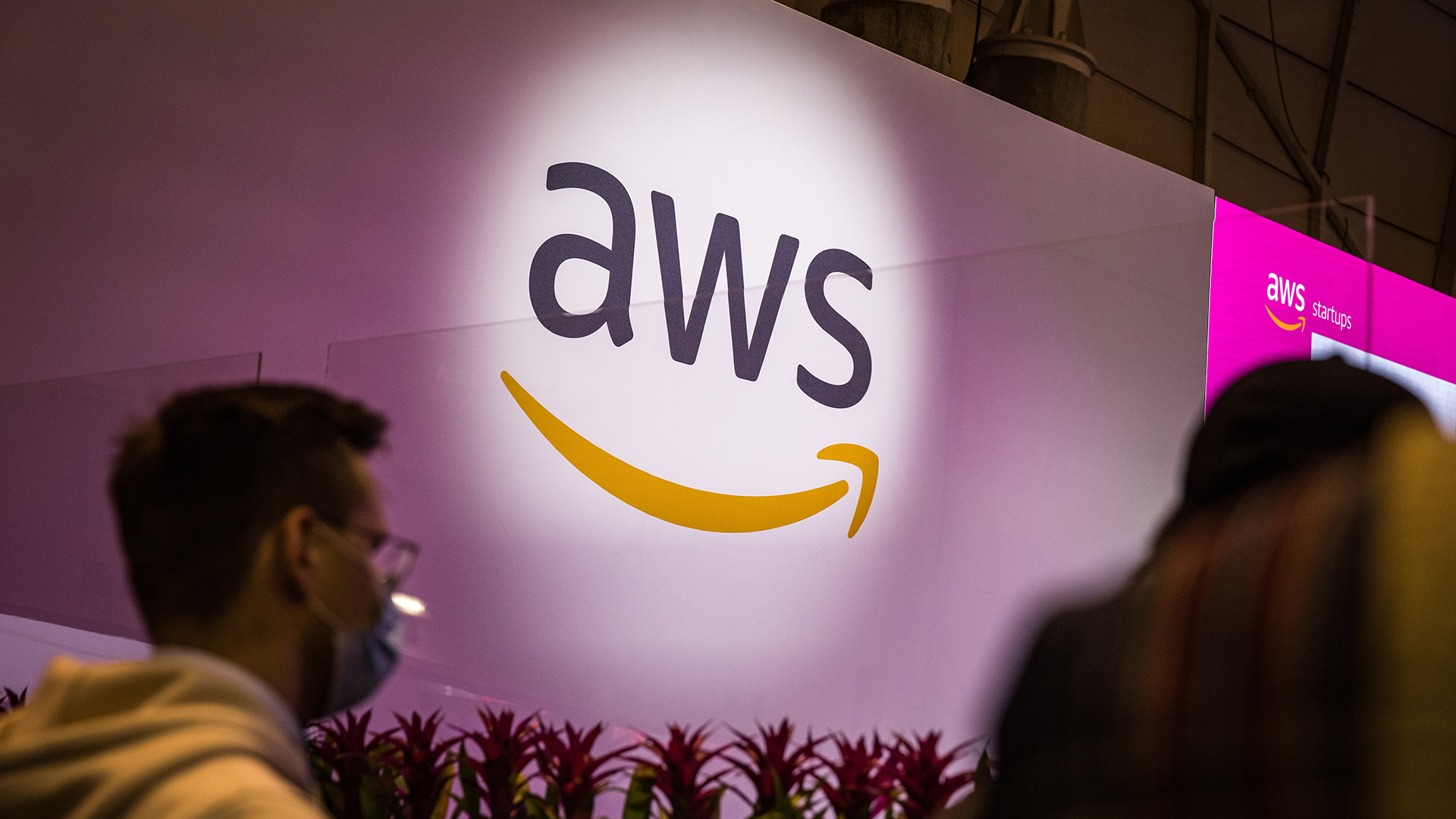This software wants to protect your connected car from IoT hacking
Trend Micro and Microsoft aim their sights at connected car hackers

Software targeting smart car hacking threats was showcased at Microsoft's IoT Expo in Taipei this week.
The as-yet unnamed software development kit, designed by cybersecurity firm Trend Micro and Microsoft, aims to bring cybersecurity in line with the Internet of Things (IoT), by protecting vehicles against cloud and network-related threats.
An endpoint-level protection system activates security when connected cars are under attack, as well as detecting threats and conducting periodic risk assessments.
The tool also connects users to Trend Micro's Smart Protection Network and inspects smart vehicles' systems for anomalous security conditions, through the use of machine learning.
In a report, Trend Micro found 50% of surveyed organisations observed an increased frequency of security threats, while 80% agreed that attacks had become more sophisticated.
As new firms like Tesla and traditional carmakers like BMW turn their attention to connected cars, cyber attacks targeting such machines are fast becoming a problem. The FBI warned that vehicles are "increasingly vulnerable" to hacking in March, and Volkswagen hired an entire security team for its connected cars last month.
Jerry Liao, chief architect of IoT security at Trend Micro said: "There is a huge need for improved 'internet of vehicles' security, and this new kit demonstrates Trend Micro's dedication to protecting its customers, as well as our proactive - not reactive - approach to security."
Sign up today and you will receive a free copy of our Future Focus 2025 report - the leading guidance on AI, cybersecurity and other IT challenges as per 700+ senior executives
Gartner predicts that, by 2020, 20.8 billion connected devices will be in use worldwide. Jim Tully, vice president at Gartner said: "IoT services are the real driver of value in IoT, and increasing attention is being focused on new services by end-user organisations and vendors."
-
 Could all data centers go solar?
Could all data centers go solar?In-depth The booming solar market could hold the answers as data center operators look to put a lid on emissions
-
 Cybersecurity researchers have spotted a potent new ransomware strain being used in the wild
Cybersecurity researchers have spotted a potent new ransomware strain being used in the wildNews Huntress has warned organizations to secure exposed RDP instances and monitor for suspicious activity
-
 AWS opens physical sites for fast data uploads – but it could cost you up to $500 an hour
AWS opens physical sites for fast data uploads – but it could cost you up to $500 an hourNews Amazon Web Service (AWS) has launched a new Data Transfer Terminal service to allow customers to upload data to the cloud from a physical site.
-
 Trend Micro launches 'industry first' cloud encryption
Trend Micro launches 'industry first' cloud encryptionNews With Trend Micro SecureCloud, users are handed the keys to their cloud encryption.